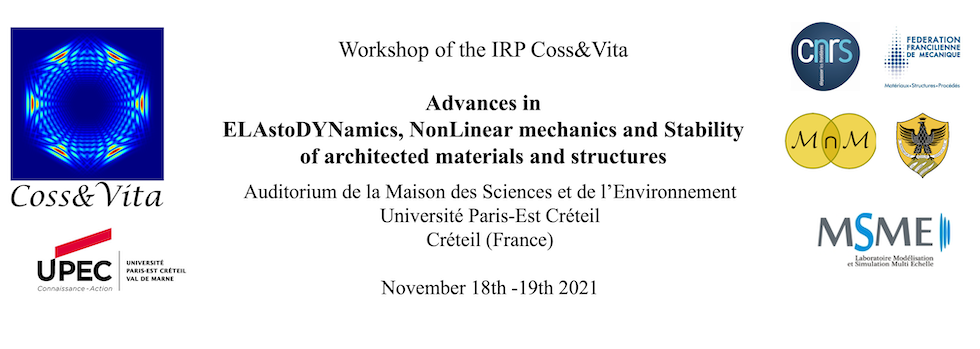In this work, we use the feature of the strain gradient elasticity theory (SGET) related to the regularization of classical singularity problems. We suggest that the structural analysis of pre-cracked materials can be reduced to failure analysis within SGET by using the appropriate failure criteria formulated in terms of the Cauchy stresses. These stresses are work-conjugated to strains, and they have non-singular values in SGET solutions for the problems with cracks and sharp notches. We confirm our suggestion based on the full-field finite element (FE) simulations and provide examples of identification of the length scale parameters of SGET for the known experimental data with pre-cracked brittle and quasi-brittle materials [1]. We show that SGET solutions allow to capture the size effects for the cracks of different length that are well-known in fracture mechanics. Previously similar results were obtained only within approximate analytical and numerical methods [2, 3]. Based on the performed analysis we show that the identified length scale parameters allow us to predict the failure loads for the experimental samples with different type of cracks by using the maximum principal Cauchy stress criterion. In the experiments with a mixed-mode fracture of the quasi-brittle material (PMMA with inclined cracks), we found that there may arise a transition between the failure determined by the maximum principal stress criterion and the criterion related to the second invariant of the Cauchy stress tensor that can be explained by the change of the stress state triaxiality.
References
[1] Vasiliev V., Lurie S., Solyaev Y. New approach to failure of pre-cracked brittle materials based on regularized solutions of strain gradient elasticity, Engineering Fracture Mechanics. 2021, submitted.
[2] Askes, H., & Susmel, L. (2015). Understanding cracked materials: is linear elastic fracture mechanics obsolete?. Fatigue & Fracture of Engineering Materials & Structures, 38(2), 154-160.
[3] Vasiliev, V. V., Lurie, S. A., & Salov, V. A. (2019). Estimation of the strength of plates with cracks based on the maximum stress criterion in a scale-dependent generalized theory of elasticity. Physical Mesomechanics, 22(6), 456-462.
- Poster

 PDF version
PDF version

